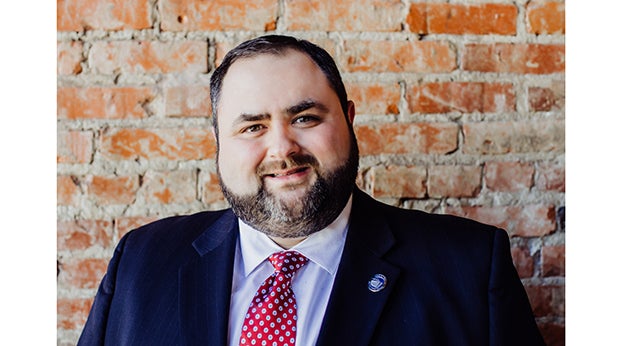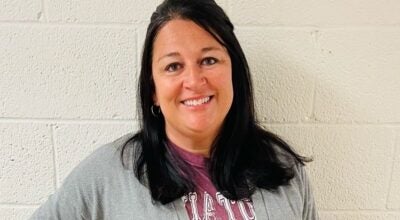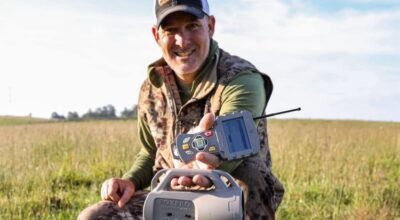Kentucky on frontlines of national addiction epidemic
Published 12:07 pm Thursday, June 16, 2022

- Tim Robinson
|
Getting your Trinity Audio player ready...
|
By: Tim Robinson, President/CEO of Addiction Recovery Care (ARC)
Addiction is one of the most difficult and destructive things a family can experience. It can tear people apart, and in worst case scenarios, leave loved ones grieving and wondering if there’s anything they could have done differently.
In Kentucky, the addiction crisis impacts thousands of families each and every day—and young people remain some of this epidemic’s most vulnerable and undeserving victims.
Children living with parents who have a substance use disorder are at higher risk for mental and behavioral health conditions, according to data from the Substance Abuse and Mental Health Services Administration, and are more likely to develop substance use disorders themselves—perpetuating what is unfortunately too often a generational battle.
With May being Mental Health Awareness Month, we should take time to reflect on how the addiction crisis is impacting the mental health of our next generation—and what we can do now to prevent them from experiencing the same struggles that many adults face today, especially given the youth mental health crisis that’s prompted experts and public officials to sound the alarm.
Research has shown a strong correlation between mental health and substance use, with approximately half of Americans who suffer from mental illness also experiencing a substance use disorder. Tragically, that rate is even higher—as much as 60 percent—among young people.
Despite these dire statistics, I truly believe there is hope on the horizon in the fight against addiction—and that Kentucky can lead the way. This optimism comes from the many allies we have working alongside us, not just in the Commonwealth, but throughout the U.S.
Some of us at Addiction Recovery Care recently attended the 2022 Rx and Illicit Drug Summit in Atlanta. The Rx Summit first began ten years ago under the leadership of Operation UNITE and Congressman Hal Rogers. Today, it’s the nation’s largest gathering of health care providers, law enforcement, first responders, elected officials and treatment professionals to discuss what’s working in prevention and treatment.
At this year’s summit, I participated in a roundtable with Dr. Rahul Gupta, director of the Office of National Drug Control Policy (ONDCP), and other prevention, treatment and recovery advocates from across the country. I also had the opportunity to join a panel discussion on the Eastern Kentucky’s decrease in drug overdose deaths prior to the COVID-19 pandemic and shared some of the vital lessons we’ve learned since ARC’s inception in 2010.
Time and time again, these discussions circled back to the social determinants of recovery—those key services and resources that are so critical to long-term recovery and an individual’s success as they transition out of a treatment program.
Overall, there seemed to emerge a more unified call for a comprehensive approach to recovery that hasn’t been so prominent in years past—and a sense of urgency that we must get in front of these problems now so that future generations aren’t shouldering the same epidemic we are today.
I came back from the Rx Summit with a renewed understanding of why our current efforts to address substance use in Kentucky and beyond are so important. I thought of my own children and family—and the many children and families who have been affected by this terrible disease.
For so many, addiction is a generational problem—something that may feel inevitable for a young person who has grown up around substance use and unhealthy behaviors. For others, even those with no family history of addiction, substance use might be the result of other untreated mental health struggles.
Fortunately, we can do something about it. And we owe it to our young people to throw everything we have at this problem.
That means equipping their parents who are struggling with the resources they need to reach long-term recovery and to break the cycle of addiction. It means addressing the nation’s youth mental health crisis and helping young people from turning to dangerous substances. It means stopping fentanyl, which is leading to more and more teen overdose deaths, from entering our drug supply. It means starting prevention early.
And it means staying hopeful and continuing this fight, no matter how difficult it may seem.
Tim Robinson is president and CEO of Addiction Recovery Care (ARC), which operates a network of more than 30 addiction treatment programs offering a full continuum of care in 21 eastern and central Kentucky counties.





